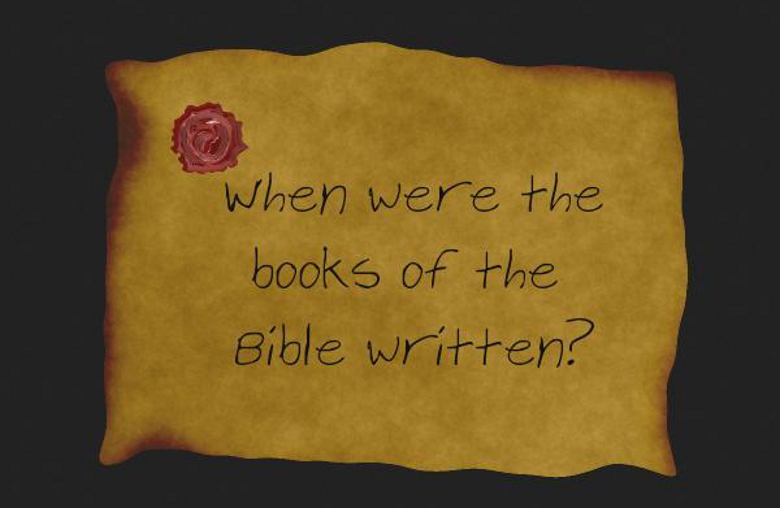
Books of the Bible by date written
“When was it written?” Here’s the most likely order in which the books of the bible were written.

“When was it written?” Here’s the most likely order in which the books of the bible were written.